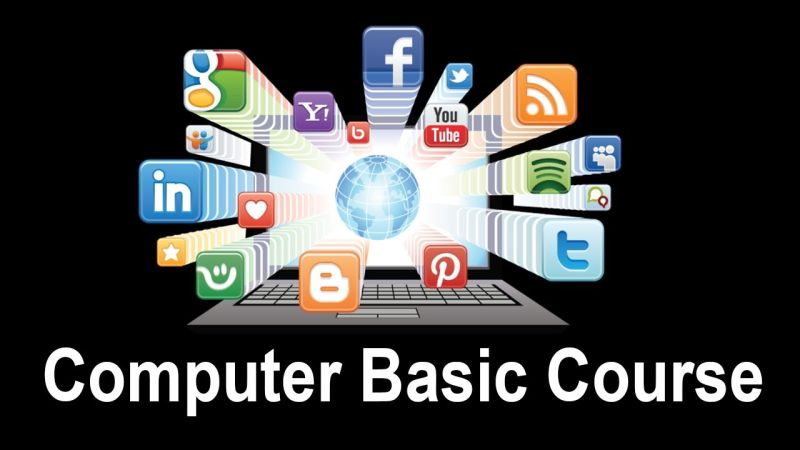Choosing the right computer course can be a daunting task, especially with the wide range of options available today. Whether you’re looking to improve basic skills or pursue advanced technology careers, selecting the right course is essential to achieving your goals. Here’s a guide to help you make an informed decision:
1. Understand Your Goals and Interests
The first step is to identify why you want to learn computer skills. Are you interested in office applications, programming, graphic design, data analysis, or web development? Your career goals or personal interests will guide you toward the right course. For example, if you are looking for a job in administration, courses on Microsoft Office or basic IT support might be ideal. If you’re looking to pursue a career in tech, programming, data science, or web design courses might be more suitable.
2. Evaluate the Course Content
Once you’ve identified the area of interest, review the course syllabus or curriculum. Ensure that it covers the skills you need and is updated to reflect industry standards. Some courses may focus on practical skills like hands-on coding or software usage, while others may dive deeper into theoretical concepts. Check if the course includes projects or assignments that will allow you to apply what you’ve learned. A well-rounded course that blends theory and practice can be more effective in preparing you for the real world.
3. Consider the Course Format and Flexibility
Today, computer courses are offered in various formats, including online, in-person, or hybrid learning options. Consider your learning style, schedule, and comfort level with online learning. Online courses offer flexibility but require self-discipline, while in-person courses may provide more structured guidance. Many institutions also offer part-time or weekend courses for those balancing work or other commitments.
4. Check the Credentials of the Institution or Instructor
The credibility of the institution or instructor is crucial to the quality of education you’ll receive. Choose a recognized institution or a qualified instructor with experience in the field. Look for reviews, ratings, or testimonials from former students to get an idea of the course’s effectiveness. Accredited programs often offer more value in the job market, as employers tend to prefer candidates with qualifications from reputable institutions.
5. Assess the Cost and Return on Investment
Computer courses can vary widely in terms of cost, so it’s important to assess the return on investment. Consider factors like the course duration, the depth of the material, and any certifications you’ll receive upon completion. Some courses may be more expensive but offer career placement services or specialized certifications that can help you secure a job faster. Many free or low-cost options are available as well, particularly for beginners, but be mindful of the level of expertise they offer.
6. Look for Career Support and Networking Opportunities
Some computer courses offer career support, job placement assistance, or networking opportunities that can help you land your first job or advance in your career. Look for programs that offer mentorship, internships, or job fairs. Connecting with peers and industry professionals can also give you valuable insights and open doors to future job opportunities.
Creative Weblink Solution is a Web Design Company in Delhi, India We have served various corporate and small business enterprises for their Web Design and Search Engine Optimization Services. We offer most cost effective with quality website designing services in Delhi and through out India

